Ever wondered why a few minutes of extra caution can save you a costly fire or a nasty shock? Your electric oven is a great tool, but like any high‑heat appliance it needs some basic rules to stay safe. Below are the most useful habits you can start today.
First thing, always give the oven a quick visual check. Look for cracked doors, frayed cords, or any burnt marks inside. If the door seal is damaged, heat can escape and cause the surrounding cabinets to overheat. A loose plug or a cord that feels hot to the touch is a red flag – don’t use it until a qualified electrician has inspected it.
While you’re at it, make sure the oven is clean. Food spills can turn into fire hazards when they bake onto the heating elements. A simple wipe‑down with a damp cloth after each use keeps the interior free of grease and crumbs. If you notice built‑up grime, let the oven cool completely, then scrub gently with a non‑abrasive cleaner.
Never leave an electric oven unattended. If you’re stepping out for a quick phone call, turn the oven off. It only takes a few seconds to shut it down, and that tiny pause can stop a potential fire from spreading.
Use oven mitts that are heat‑resistant and dry. Wet mitts can conduct electricity and cause burns. When you need to move a tray, place it on a sturdy, heat‑proof surface – never on a plastic cutting board or a thin metal tray that can warp under high heat.
Keep flammable items away from the oven. Towels, paper bags, and even wooden spoons should stay clear of the door and the ventilation slots. Even a small piece of paper can ignite if it slips behind the door seal and touches the heating element.
If you spot smoke, turn the oven off immediately and open a window. Use a fire blanket or a lid to smother a small flame – never pour water on an electrical fire. For bigger fires, evacuate the house and call the fire service.
Regular maintenance goes a long way. Schedule a professional check‑up at least once a year. Technicians will test the thermostat, inspect the wiring, and tighten any loose connections. A well‑maintained oven runs cooler and is less likely to develop electrical faults.
Finally, teach everyone in the household the basics. Kids should know not to touch the oven knobs or the interior when it’s hot. A quick reminder about keeping handles turned to the “off” position can prevent accidental heating.
By following these simple electric oven safety tips, you’ll enjoy cooking without worrying about accidents. A few minutes of checking, cleaning, and staying present while cooking can keep your kitchen safe and your oven in great shape for years to come.
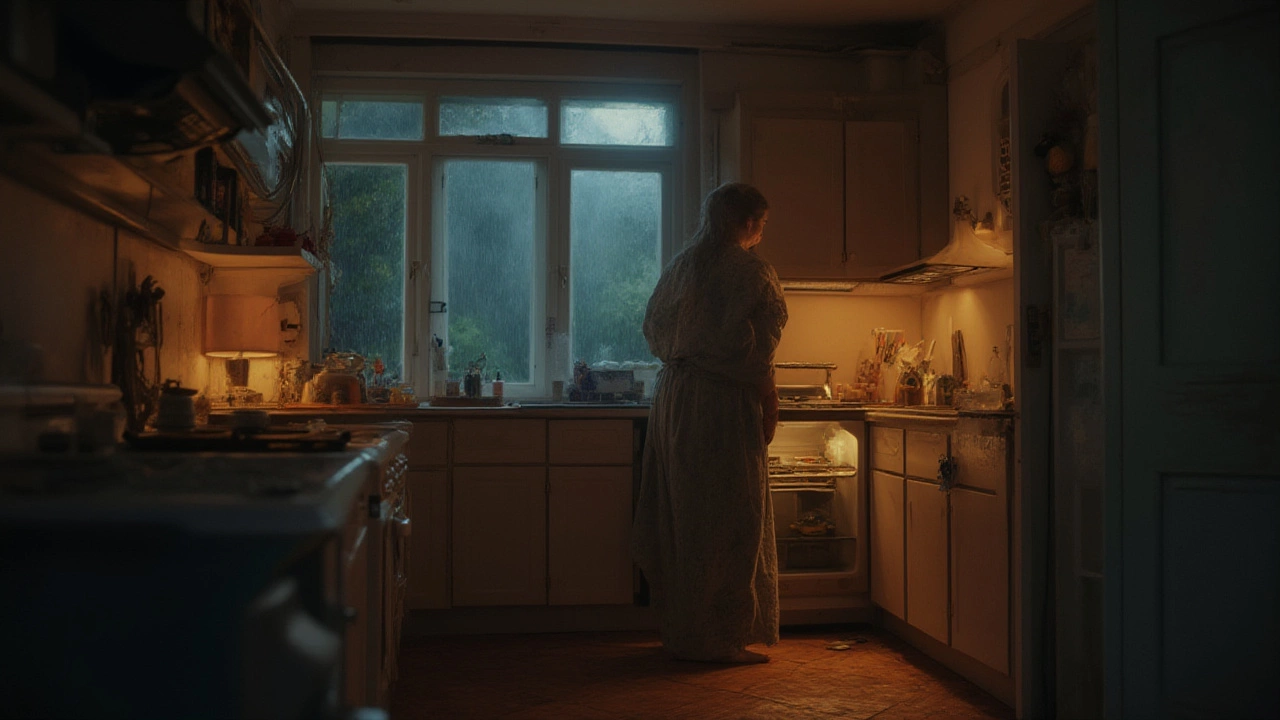
Leaving an electric oven on overnight sounds harmless, but it could spell real trouble. Learn the risks, facts, and safer options for your late-night cooking needs.
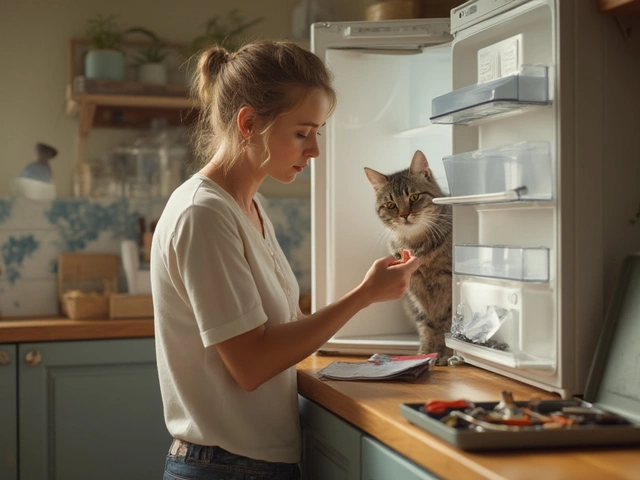
A practical guide for diagnosing common refrigerator problems, spotting signs of faults, and fixing them at home with tips and real-world facts.
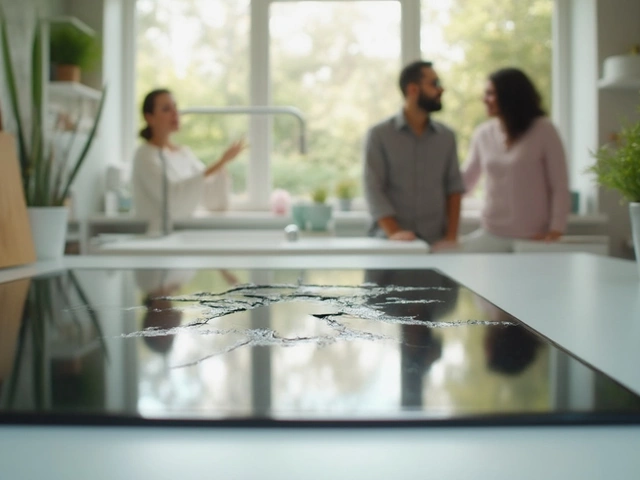
Cracks in electric hobs can show up suddenly and cause real headaches in the kitchen. This article looks at why electric hobs crack, from common mistakes to sneaky issues with installation. You'll get practical tips on how to prevent damage and handle minor cracks. Find out when you can fix a hob yourself and when it's smarter to call for professional help. Stay ahead of costly repairs and keep your cooking space safe.
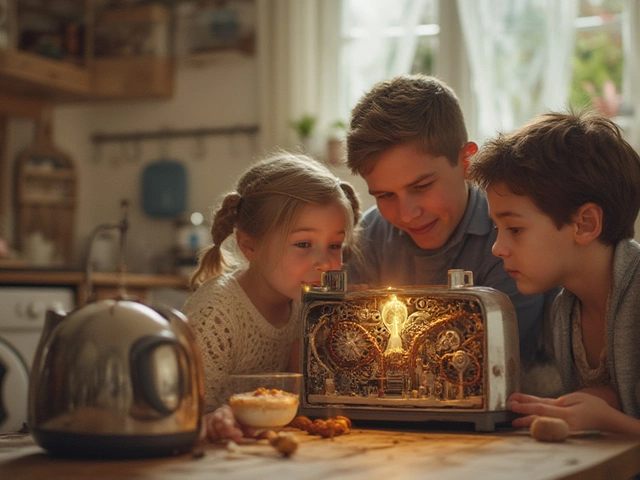
Curious about how your home appliances actually work? Get a full breakdown of what happens inside, troubleshooting tips, and smart ways to keep everything running smoothly.
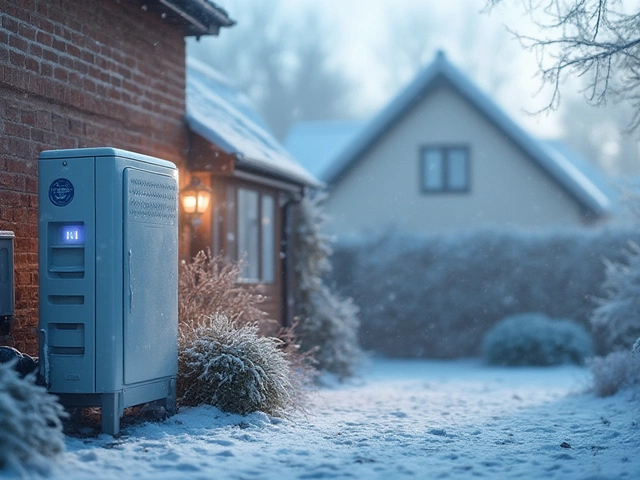
Wondering what temperature makes a heat pump stop working well? Learn the cold limits, key facts, and expert tips for running heat pumps in harsh winters.
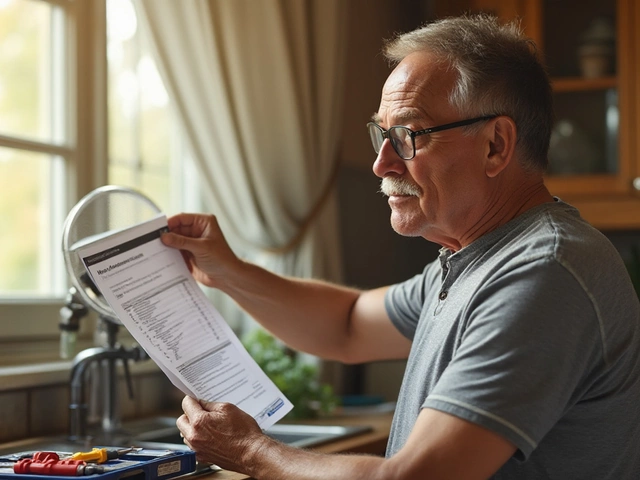
Repairing an extractor fan can seem daunting, but with the right guidance and tools, it's a task that can be tackled with confidence. This article walks you through the essential steps of diagnosing common issues, the tools needed for basic repairs, and tips for maintaining your fan in top condition. Whether in a kitchen or bathroom, keeping your extractor fan functional ensures optimal ventilation and air quality. Learn when a repair is possible and when it might be time to seek professional help.